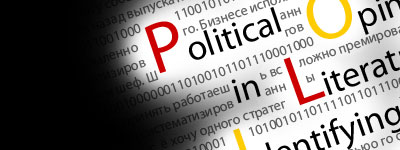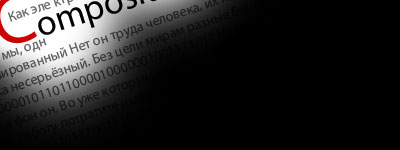







 |
 |
|
 |
 |
|
 |
 |
|
 |
 |
|
Our Research |
||
Goal & MissionOur goal is to quantify the United States' changing attitude and foreign policy towards Russian over the established time period for the study of the authors. |
||
Direction
The American public reads novels by foreign authors to gain an intimate perspective of foreign societies—views unavailable through domestic media. International and domestic political concerns guide the United States’ public interest in foreign literature. However, different foreign authors often provide opposing viewpoints of their societies. The most popular works form a selective base of foreign literature that potentially accommodates elites’ self-serving political biases. Understanding public intent and attitude requires knowing why certain novels and authors seem representative of a cultural canon. To become a better-informed political citizen of the United States, one must think critically about the uses of foreign literature.
|
||
Our TimelineSpring 2012
|
|
|